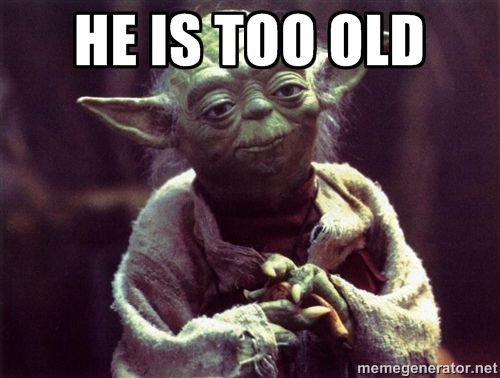And, how well you can see and if you were born with a quick reaction time.
Vogel told me that he believes the majority of people really working at it and still in the B and below classes, just don't focus as quickly as the upper classes. I've not found Bob to be wrong about anything else shooting wise...
So, when are picking one of these up?








